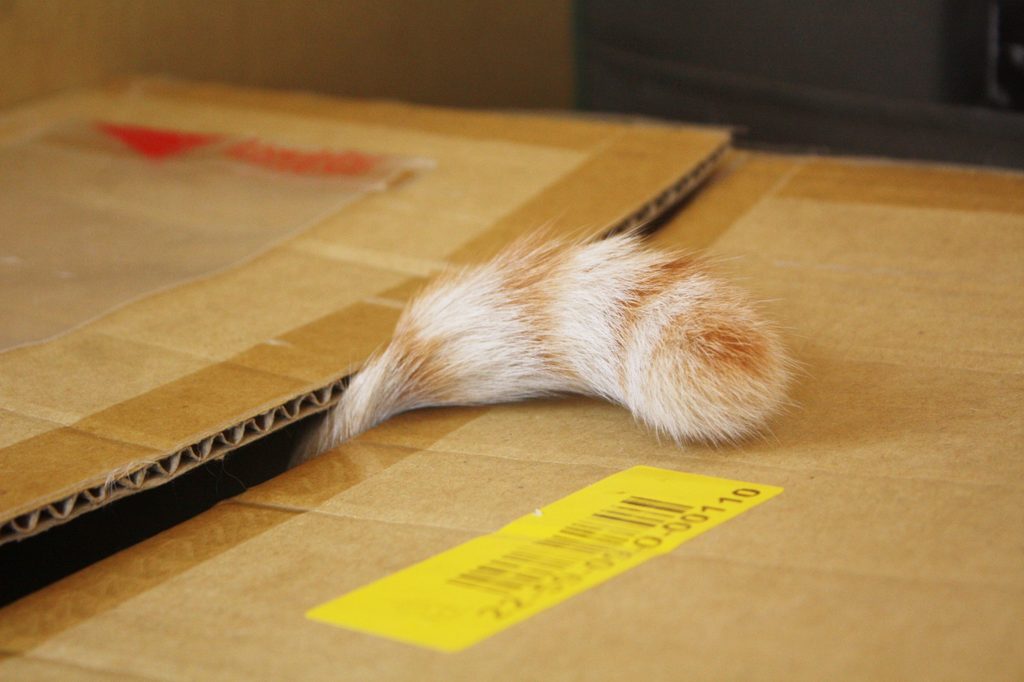
We humans have many great qualities, but we are left lacking without one of the most important aspects of the average mammal: the tail. Our pets can communicate extensively with this appendage, not to mention use it for balance (and, of course, some animals can even grab things with it).
When your dog or cat gets a tail injury, it can become serious and nearly always requires medical attention. Can a cat’s tail fall off? The truth is, it can happen in some cases. While rarely fatal, depending on the underlying cause, cat tails need attention just like everything else on your pet. Here is what you should know about your feline’s rear extremity.
Can a cat’s tail fall off?
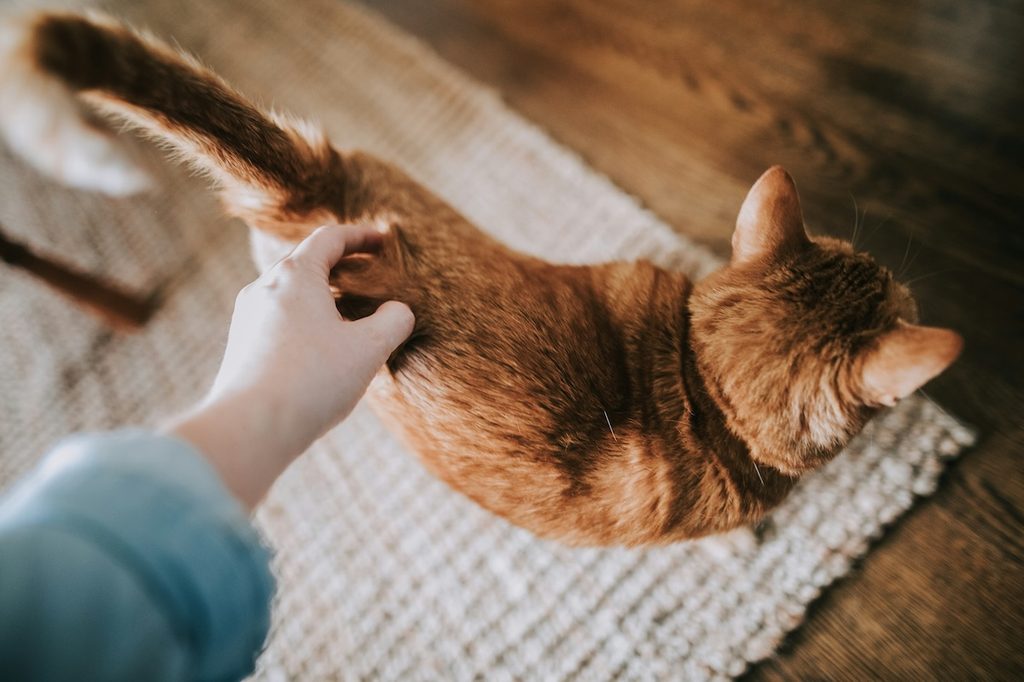
Don’t worry, this extreme event doesn’t happen often, but a kitty’s tail can fall off or need amputation in unusual circumstances. Your cat’s tail is an extension of the spine and contains vertebrae that need protection the same as any bone or body part.
Think of the tail like a hand or foot, but remember, the long swisher could be more likely to get stepped on or caught in a door. That means you need to take extra care of your cat’s tail to prevent injury. In addition, sometimes infection can spread to this area. If your cat has been excessively biting their behind or has a cut that won’t heal, take them to the vet for a check-up and antibiotics if necessary. You don’t want it to get so bad that the tail has to be removed.
What other injuries affect cat tails?
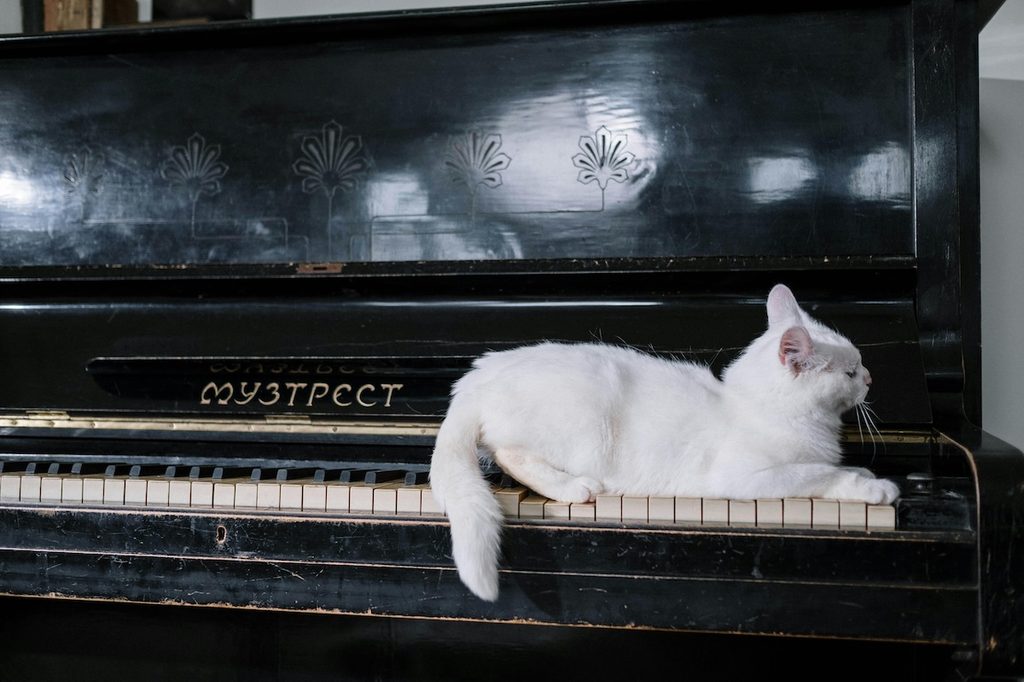
As mentioned, tail problems can be serious. These are the most common, but keep a good eye on this region since it’s so easily hurt in daily life.
Fracture
Since we’re talking about a bony part of the body, your cat’s tail could fracture with trauma. This frequently happens as a result of a car accident or fall, but can occur any time that something bad happens to their sweet duster. To avoid any issues, stay on top of your kitty and make sure they don’t get into tousles with other animals or vehicles.
Cut
Cuts and scrapes happen to basically all people and pets sometimes. There might not be anything you can do to guarantee that your mouser will never get hurt. Here, you really want to monitor scratches or other abrasions for signs of infection or serious complications.
Nerve damage
Because your animal’s tail is really part of their back, the nerves inside are connected. If they didn’t have any feeling in the tail, they wouldn’t be able to swish it around and wouldn’t get angry when you pulled it. That last one, pulling, can have a particularly negative impact in this scenario as severe nerve damage might make your cat lose feeling in the low back as well. In some cases, beasties can become incontinent from tail nerve damage.
Do cat tails grow back?
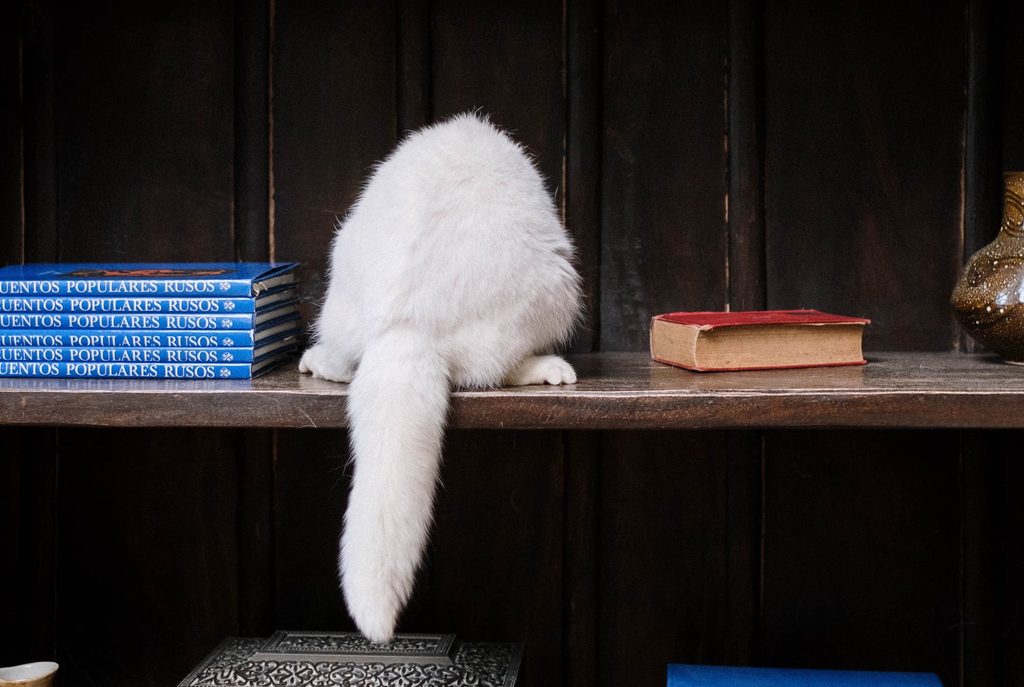
It’s true that some animals possess this amazing ability to lose a tail and then grow a new one, like geckos. However, no mammal has this trick up their sleeve, which means if your cat loses their tail, they won’t get another. That’s all the more reason to take really good care of your pet and especially their sensitive areas. At the first sign of trouble, call your vet and assess what can be done, which might mean amputation as an absolute last resort.
What do you do if your cat loses part of their tail?
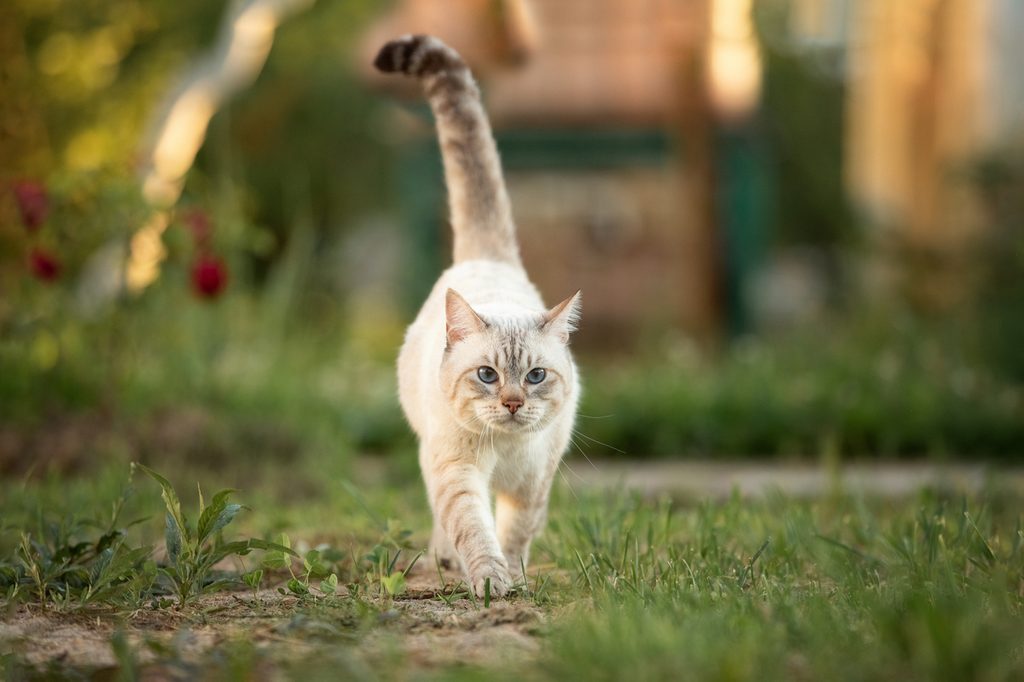
While it won’t grow back, you shouldn’t worry too much as long as your cat’s tail heals after injury or surgery. They often use it to communicate but will definitely get used to their new tailless life. In fact, they likely won’t even seem to notice and will adjust to their new body just fine afterward. You can help your kitty along by keeping the rest of them healthy, especially the lower back. You’ll want to take extra care to maintain a healthy weight and keep your pet active, as they might have less balancing ability.
Your cat probably won’t lose their tail, but injuries can happen. The good news is that they will most likely fully recover, even if they do find themselves without a full tail. Importantly, remember that you might need to take your cat to the vet if something happens and you discover an injured tail. Visiting the vet at this point can stave off more serious issues and you can learn to help them keep healthy and happy.



